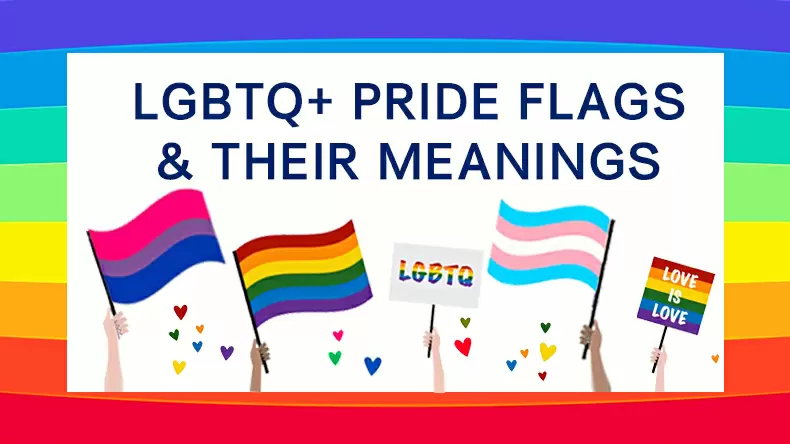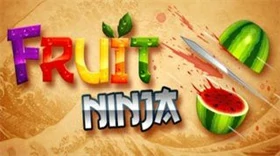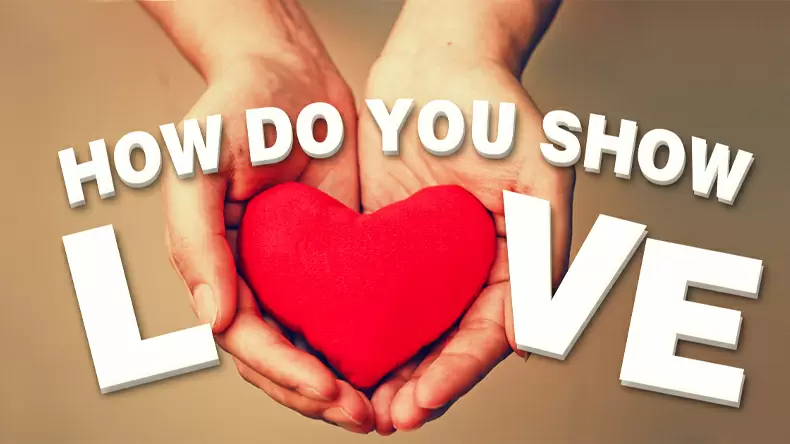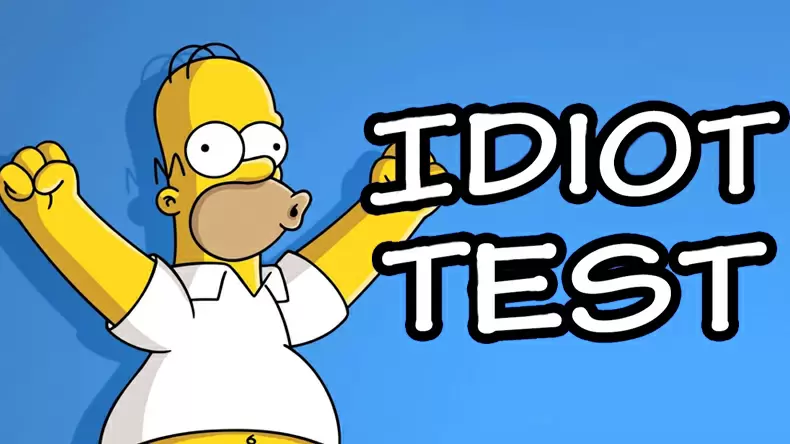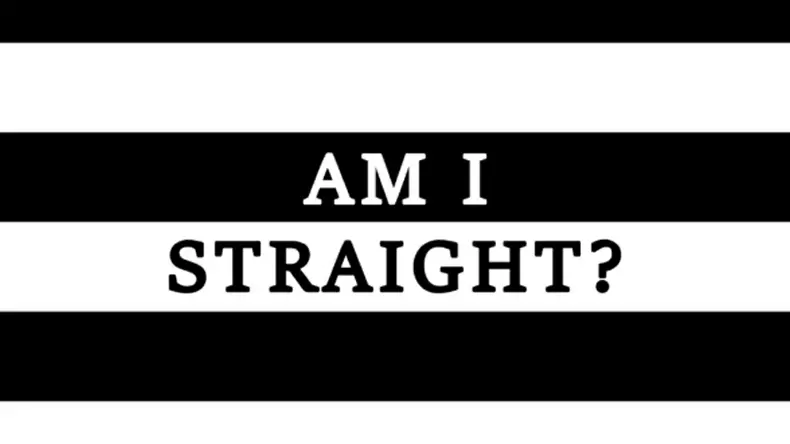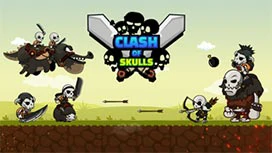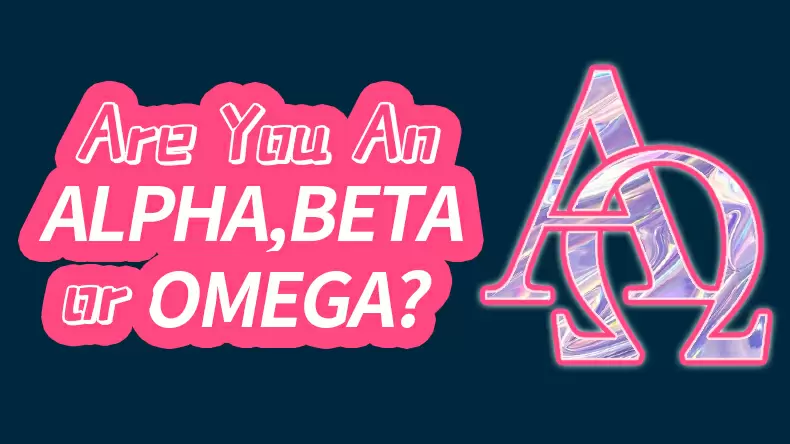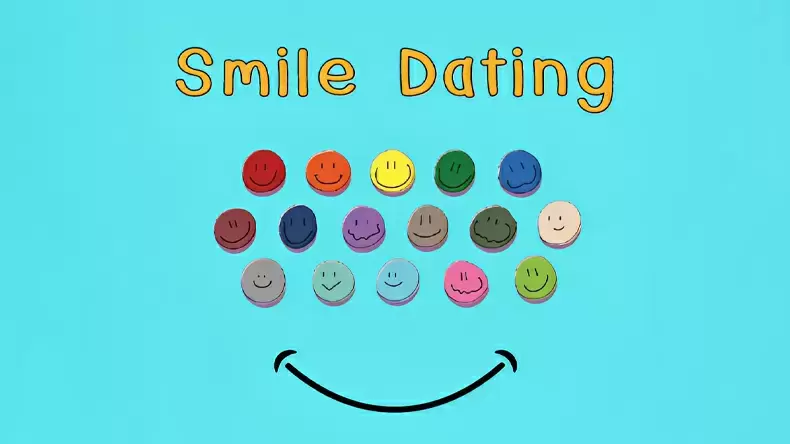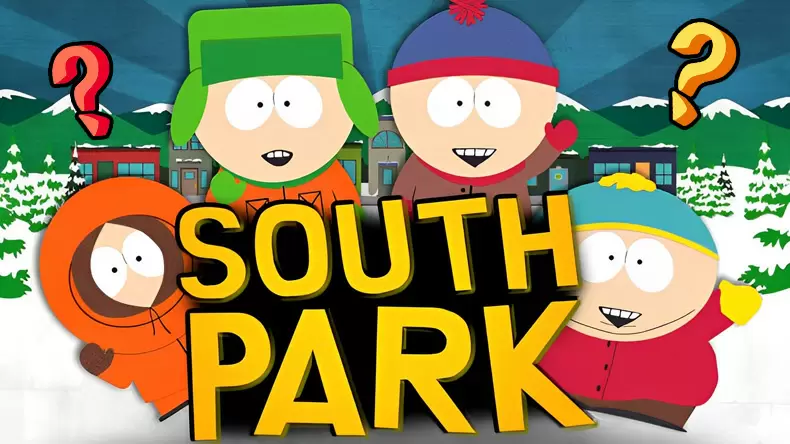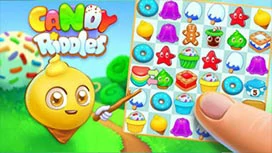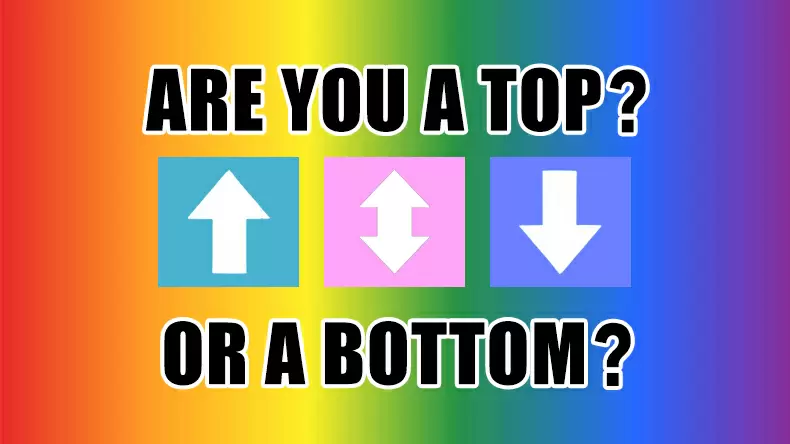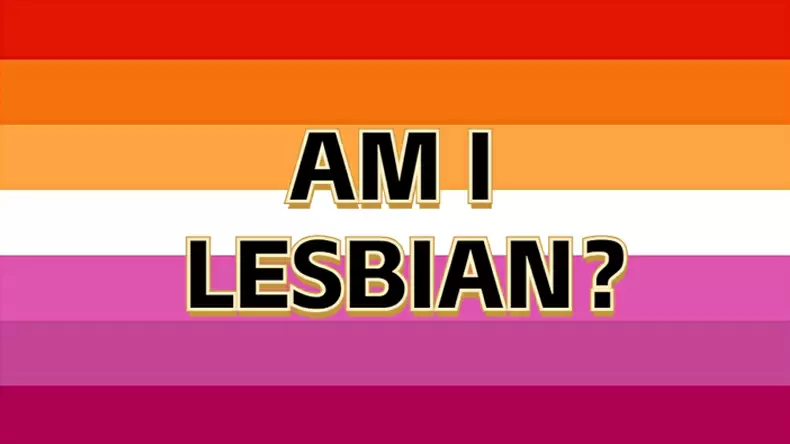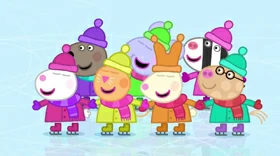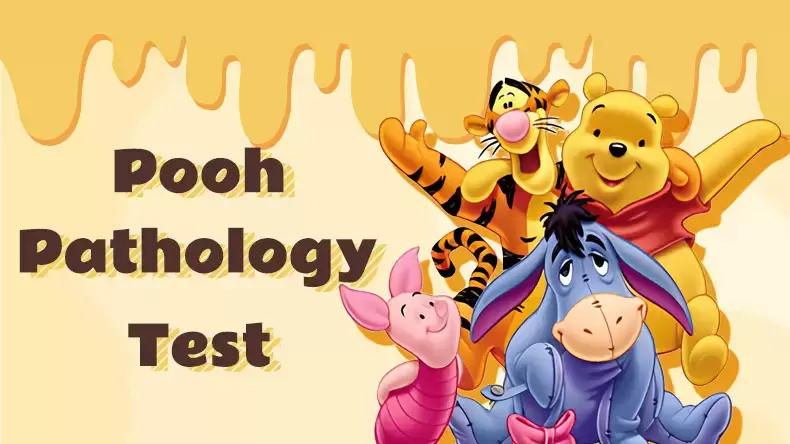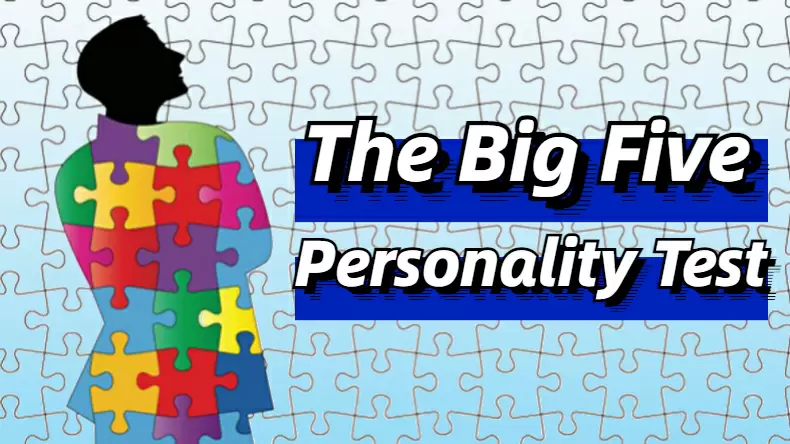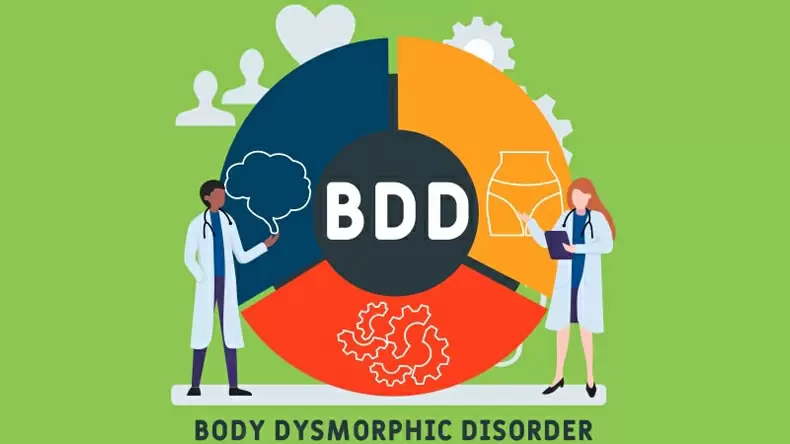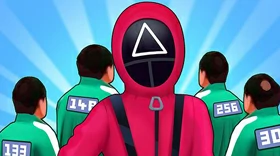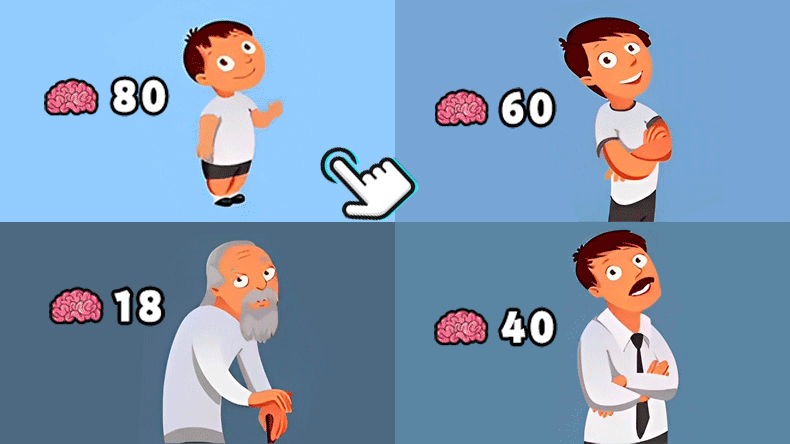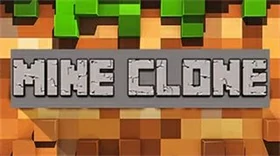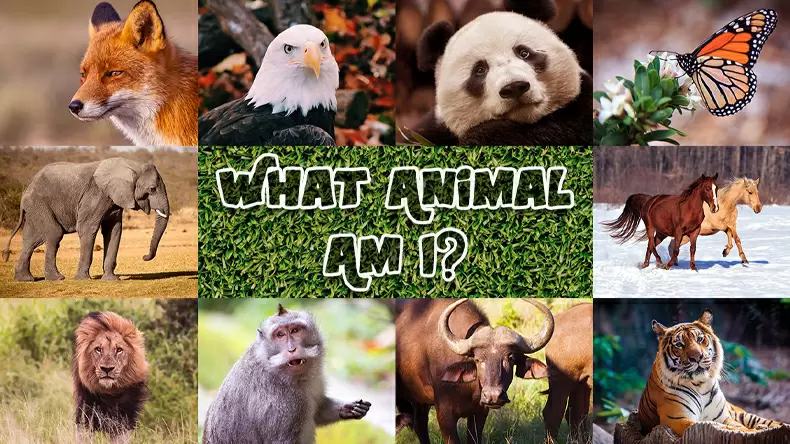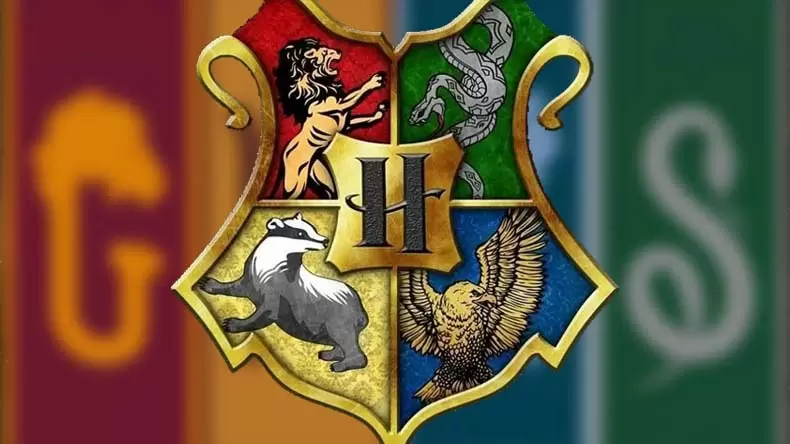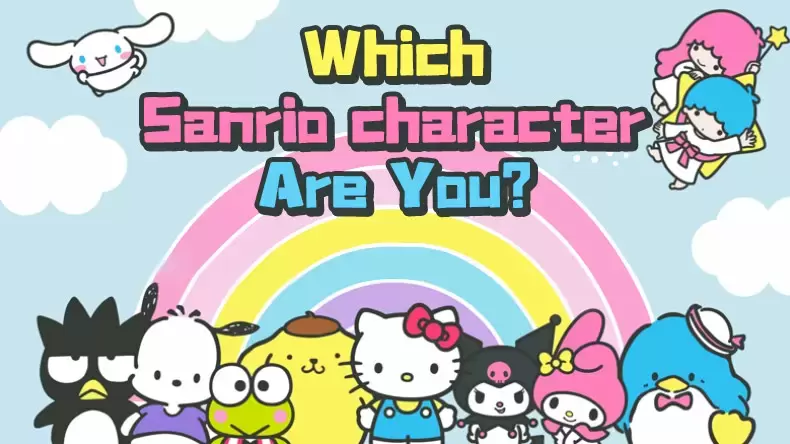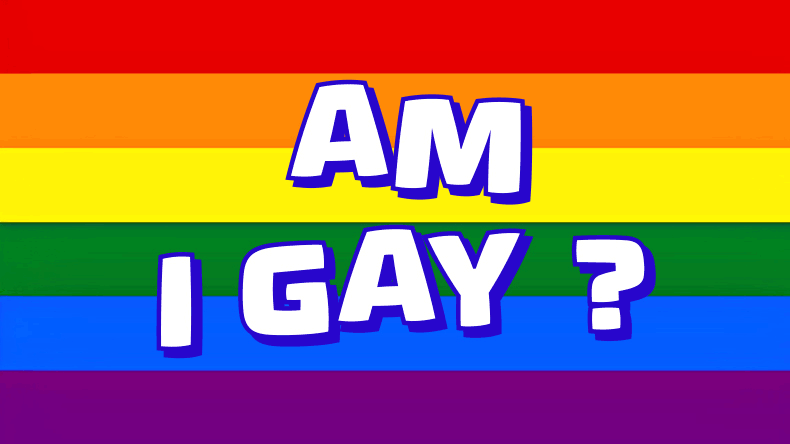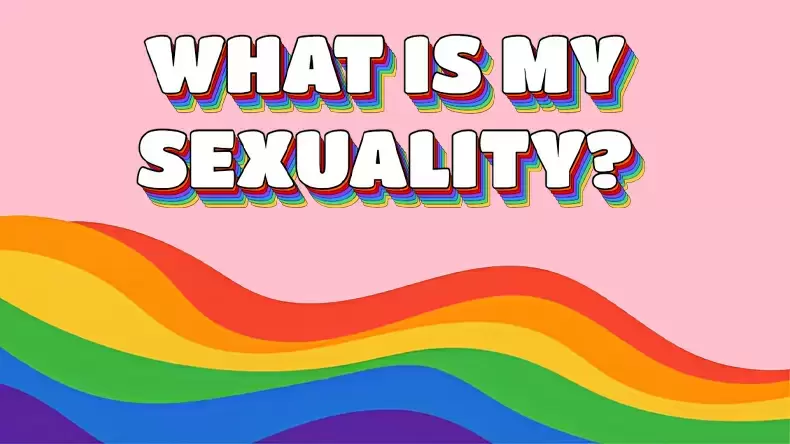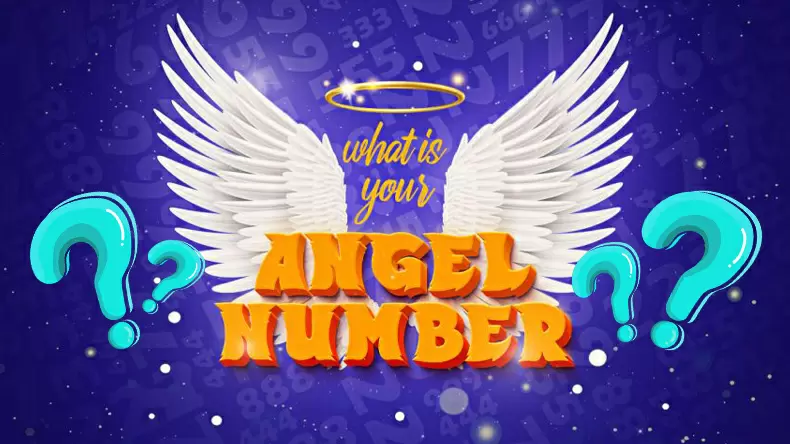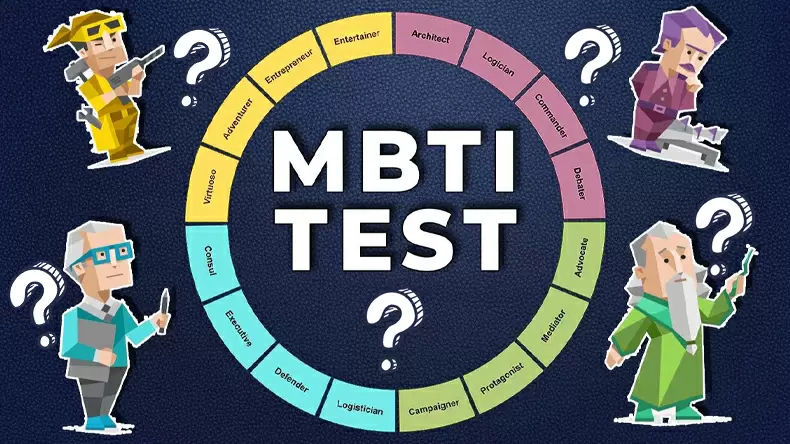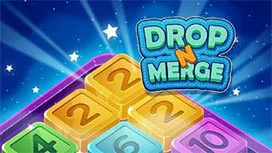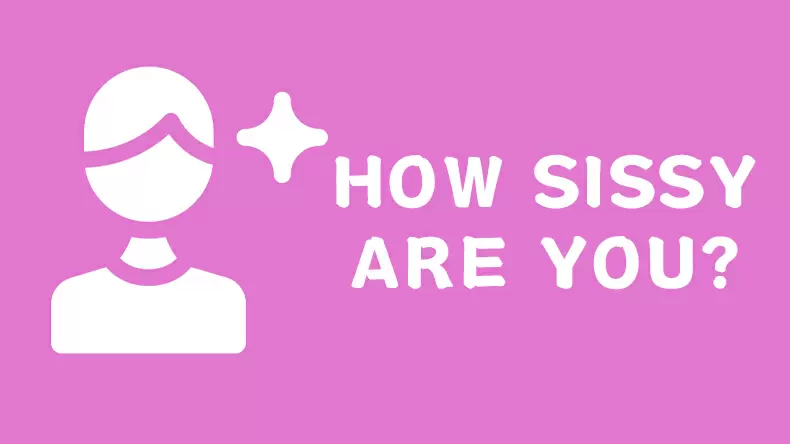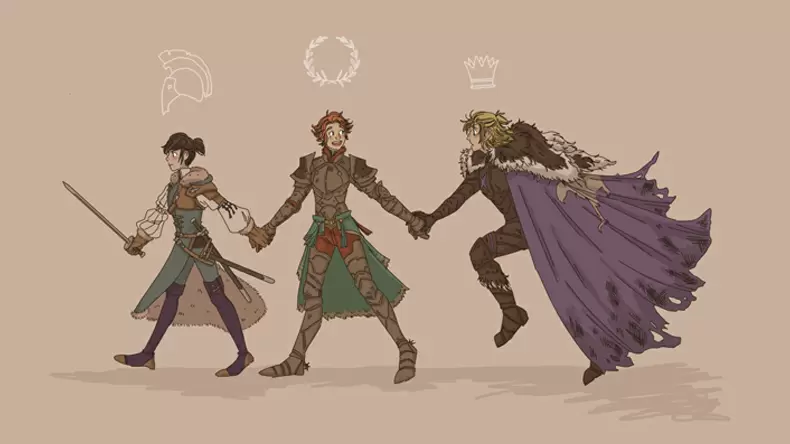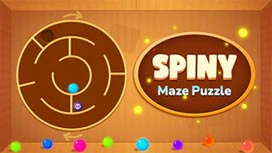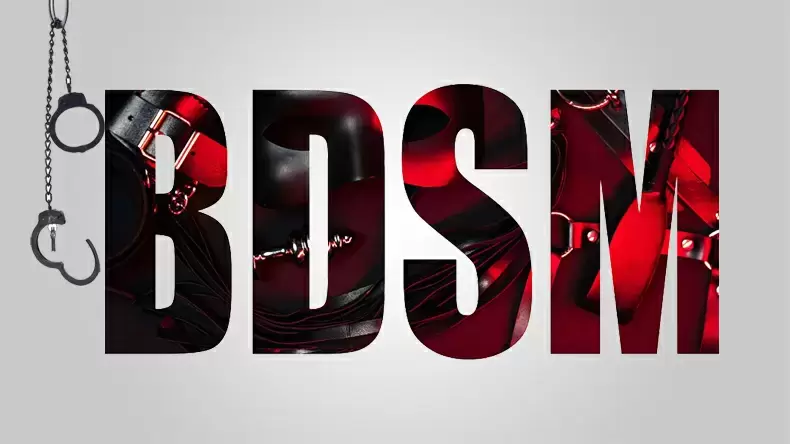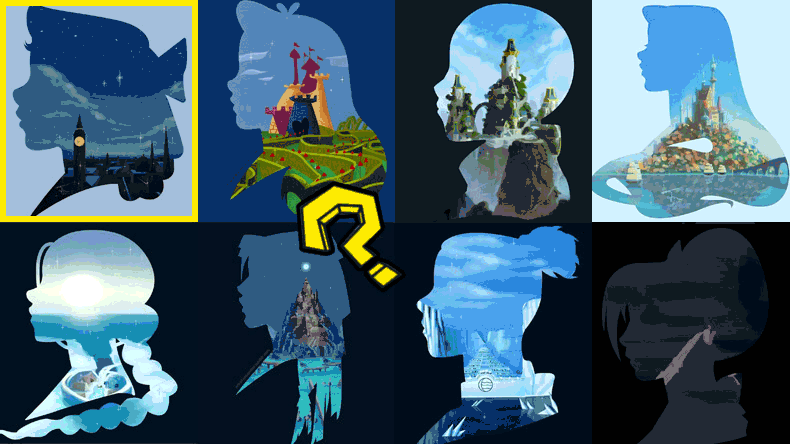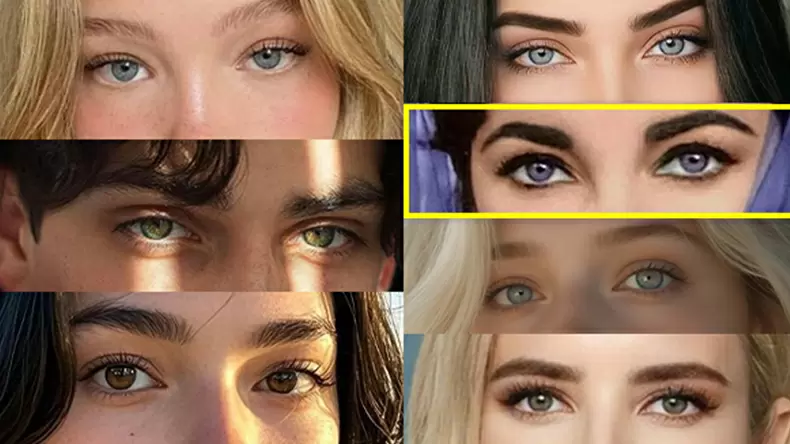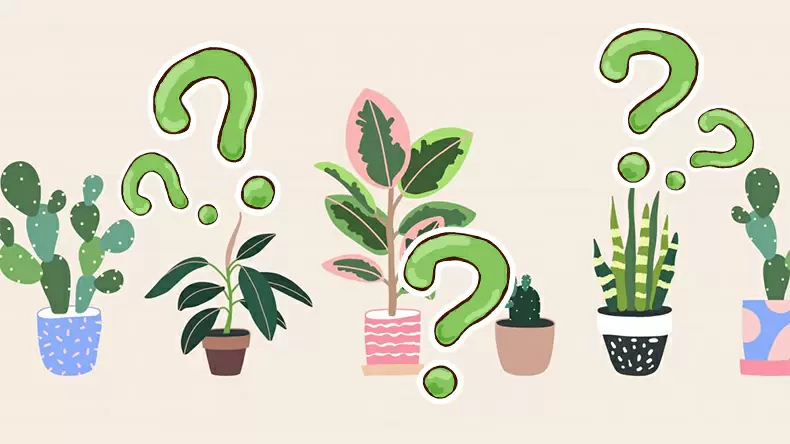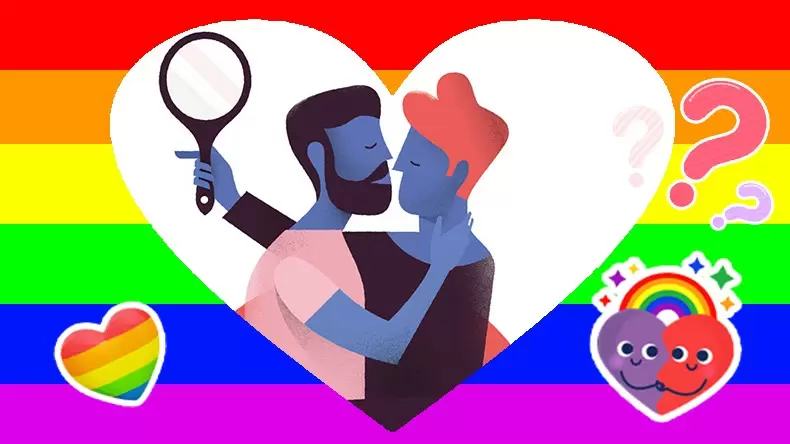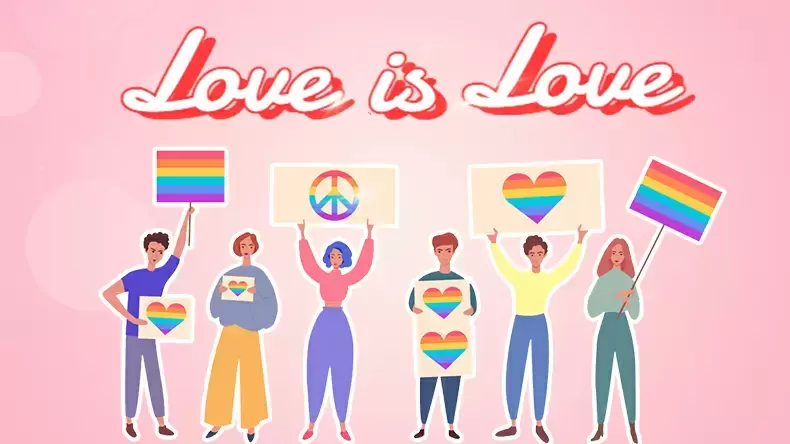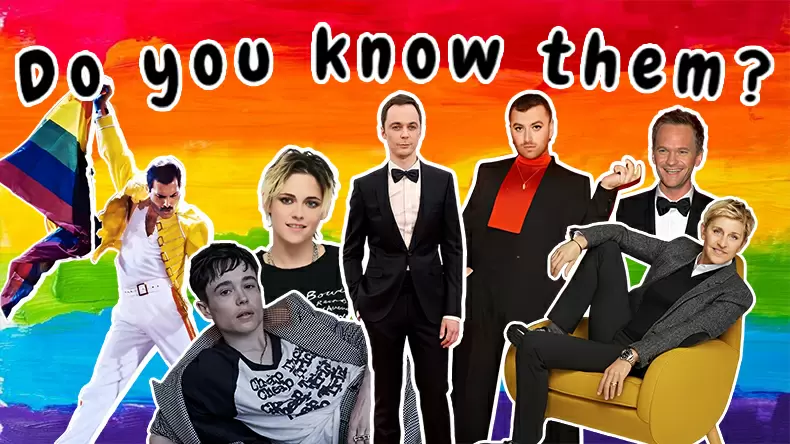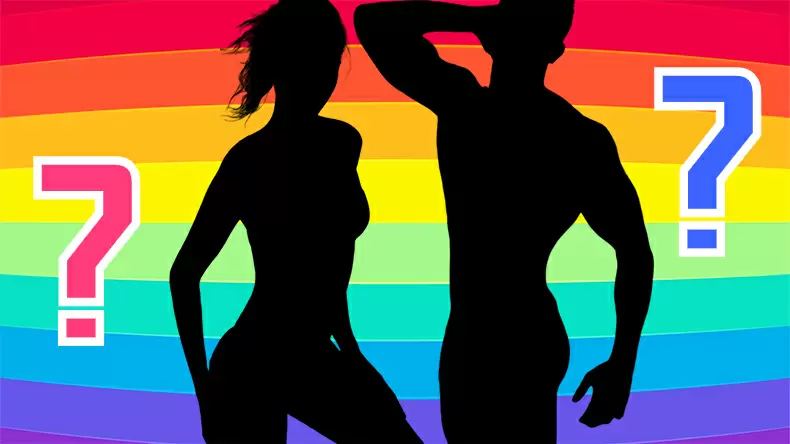Fruit Ninja
Are you interested in learning about the diverse and vibrant LGBTQ+ community? Taking an LGBTQ+ quiz is fun and helpful for you to know more about the LGBTQ+ community! By taking the quiz, you'll get the chance to learn about the different Pride Flags and what they symbolize. The LGBTQ+ community has a rich history and culture, and each Pride Flag represents a unique aspect of that community. So, put your knowledge to the test and see how much you know about the different LGBTQ+ Pride Flags and what they stand for. Let's celebrate and honor the diversity within the LGBTQ+ community! 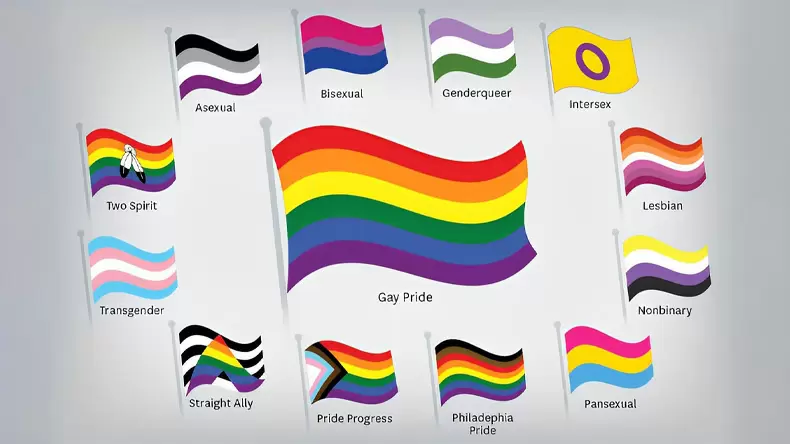
About LGBTQ Pride Flag
The LGBTQ Pride flag is a symbol of the lesbian, gay, bisexual, transgender, and queer (LGBTQ) community. The flag was first created in 1978 by Gilbert Baker, a gay rights activist, to represent the diversity and unity of the LGBTQ community.
The original flag featured eight colors, each with a different meaning: pink for sex, red for life, orange for healing, yellow for sunlight, green for nature, turquoise for magic and art, blue for serenity and harmony, and purple for spirit. However, due to availability issues, the flag was later simplified to six colors: red, orange, yellow, green, blue, and purple.
The meaning of the colors in the simplified flag has also evolved over time. Red represents life, orange represents healing, yellow represents sunlight, green represents nature, blue represents harmony, and purple represents spirit. The flag has become a widely recognized symbol of LGBTQ rights and pride and is often flown at LGBTQ events and parades.
The flag has also inspired many variations and adaptations, such as flags that specifically represent different sub-groups within the LGBTQ community, such as the transgender pride flag and the bisexual pride flag. These flags often use variations of the original colors to represent the unique experiences and identities of these groups.
POPULAR
How Can I Show Love? Love Languages Test Quiz
Worm Hunt - Snake Game Io Zone
Idiot Test: Am I an Idiot? Quiz
The Smurfs Ocean Cleanup
Quiz: Am I Straight - Test Your Heterosexuality
Clash Of Skulls
Omegaverse Quiz: What ABO type Are You?
Happy Glass
Smile Dating Test Quiz
Football Brawl
Which South Park Character Are You? Quiz
Candy Riddles Free Match 3 Puzzle
Are you A Top or A Bottom? Quiz
Spongebob Saves The Day
Lesbian Test: Am I Lesbian? Quiz
Peppe Pig Ice Skating
Pooh Pathology Test: What's Your Winnie the Pooh Pathology? Quiz
Ninja Hands
The Big Five Personality Test Quiz
Among Us The Imposter
Body Dysmorphia Test: Do I Have BDD? Quiz
Garden Tales 2
Picky Eater Test: Are You a Picky Eater? Quiz
Greenlight Redlight
When Will I Die? Death Calculator Quiz
Disney Junior Holiday Party
Mental Age test: What's your mental age? Quiz
Mine Clone 4
What Animal Am I? Personality Test Quiz
Garfield Checkers
Harry Potter Quiz: Which Hogwarts house do you belong to?
Hungry Shark Arena
Which Sanrio character Are You? Quiz
Pinkie Pie Color Puzzle
Gay Test: Am I Gay Quiz?
Captain Sniper
Sexuality Test: Discover Your True Colors Quiz
The Powerpuff Girls Doodle Maker
What is My Angel Number? Personality Test Quiz
Sonic Run Adventure
Which BLACKPINK Member Are You? Quiz
Home Scapes
16 Personalities Test - Find Out Your 16 Personalities Type Quiz
Super Mario Run
Am I A Furry? Quiz
Drop N Merge
Sissy Test: Am I Sissy? Quiz
Cut The Rope 2
Soldier, Poet, King Personality Quiz
Spiny Maze Puzzle
BDSM Test: Exploring Your Kinky Side Quiz
Tom And Jerry Matching Pairs
Which Disney Princess are You? Quiz
New Quiz
What's Your Crush's Secret Thought About You? Quiz
What Eye Color Does My Future Crush Have? Quiz
What's the First Initial of Your Crush? Quiz
Which Plant Personality Are You? Quiz
Who Is My Digimon Partner? Quiz
Your 2025 Word Of The Year Quiz
